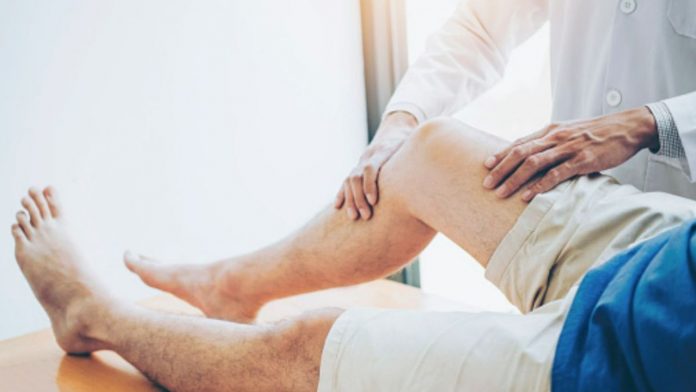As we age, it is more crucial than ever to prioritize bone health because as we age, our bones gradually weaken and become more prone to fractures, osteoporosis, and other bone-related disorders. Fortunately, there are a number of easy yet efficient methods that can support maintaining strong and healthy bones as you age.
Here are some crucial pointers for keeping your bones strong as you age:
1. Consume a Diet High in Calcium
An important factor in maintaining strong bones is a balanced diet. It’s important to include foods high in calcium in your regular meals because calcium is an essential vitamin for bone health. Milk, yogurt, cheese, dark leafy greens like kale and broccoli, fortified plant-based milks, nuts, and seeds are some of the popular and excellent sources of calcium. For people over 50, try to consume 1,000 to 1,200 milligrams of calcium per day. After speaking with a doctor, take into account calcium supplements if your diet is deficient.
2. Consume Enough Vitamin D
For adequate calcium absorption and bone mineralization, vitamin D is crucial. Unfortunately, many people, especially older persons, may not have enough vitamin D levels. Spend time in the sunshine outside because it is a natural source of vitamin D. However, dietary sources including fatty fish (salmon, tuna), egg yolks, and fortified dairy products can help you satisfy your vitamin D needs during the winter or for people with little sun exposure. To make sure you maintain proper levels, think about talking to your healthcare professional about taking a vitamin D supplement.
3. Perform exercises involving weight bearing
Bone strength is crucially maintained through regular exercise, especially weight-bearing movements. Exercises like weightlifting, dancing, and jogging encourage bone growth and stop bone loss. Aim for 75 minutes of strenuous exercise, such as jogging, or 150 minutes of moderate-intensity aerobic activity each week. Include strength training activities that target the main muscle groups in your routine in addition to cardio exercises.
4. Stop smoking and drink less alcohol.
Alcohol abuse and smoking can have a negative impact on bone health. Heavy drinking interferes with the body’s ability to absorb calcium and lowers bone production, while smoking diminishes bone density. Ask medical professionals or support groups for help if you smoke to stop. Limit your alcohol intake to moderate levels, which is one drink for women and up to two for men per day.
5. Prevent Falls and Exercise Caution
In older persons, falls are a major factor in bone fractures. Keep your home well-lit, get rid of tripping hazards, and use handrails on stairs as preventative measures to lower the chance of falls. Consider wearing proper, grippy footwear and, if necessary, employing walkers or canes as supportive equipment. Falls can also be avoided by getting regular eye exams and practicing exercises like tai chi to maintain good balance.

 हिंदी
हिंदी






